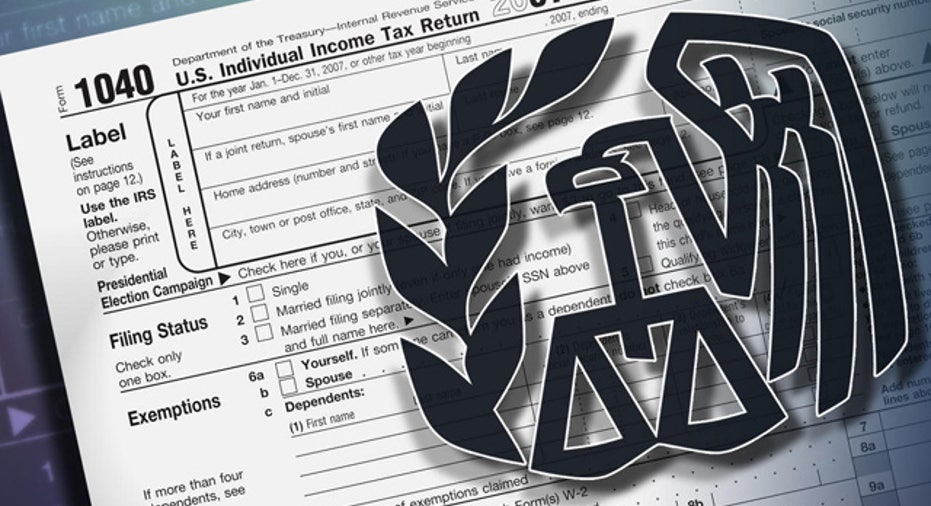How to File for Innocent Spouse Relief With the IRS

If you are left holding the bag on a tax bill your ex-spouse ran up, and especially if you don’t have the wherewithal to repay it, you may be in luck. It doesn’t matter if the tax bill is a result of an understatement of income tax on the return, or if it’s merely an underpayment of the tax due at the time--you may have a chance of absolving yourself of the responsibility for repayment. But you’ll have to fight for it.
The IRS doesn’t care if you have a valid divorce decree and a marital separation agreement that declares your ex spouse is responsible for all former tax liabilities—it just wants to get paid. The IRS’ attitude is: fight it out with your ex, but we’re coming after you.
Filing an innocent spouse claim is difficult and time consuming, especially in a community property state. Here are the criteria to determine if you will qualify:
- The taxes owed belong to your ex-spouse (perhaps from self-employment activities and you were not working at the time or from assets held in that spouse’s name)
- You are no longer married to that spouse
- You thought that spouse would pay the taxes due at the time
- If there was an audit of the tax return, you did not know about the items changed in the audit that resulted in the understatement of the tax liability
- You would suffer a financial hardship if you were required to pay the tax. You would not be able to pay for basic living expenses like food, shelter, and clothing
- You did not significantly benefit (above normal support) from the unpaid taxes
- You suffered abuse during your marriage
If any of the above is the case, then file Form 8857 to request innocent spouse relief.
New proposed regulations just came down regarding issue No.7 primarily. The IRS feels that the spouse who is requesting innocent spouse relief based on abuse has good cause. This proposed revenue procedure expands how the IRS will take into account abuse and financial control by the non-requesting spouse in determining whether equitable relief is warranted.
Review of the innocent spouse program demonstrated that when abuse is involved, the innocent spouse may not have been able to challenge the treatment of any items on the joint return, question the payment of the taxes reported as due on the joint return, or challenge the non-requesting spouse’s assurance regarding the payment of the taxes. Review of the program also highlighted that lack of financial control may have a similar impact on the innocent spouse’s ability to satisfy joint tax liabilities.
As a result, this proposed revenue procedure provides that abuse or lack of financial control may mitigate other factors that might otherwise weigh against granting equitable relief under section 6015(f).
According to IRS Publication 971, an innocent spouse has two years from discovering the tax liability in question to file for relief. The two-year limit has been extended, so don’t let the passing of time stop you from filing a claim.
Because it is a difficult procedure, I recommend that you have a tax professional assist you with the process.
Bonnie Lee is an Enrolled Agent admitted to practice and representing taxpayers in all fifty states at all levels within the Internal Revenue Service. She is the owner of Taxpertise in Sonoma, CA and the author of Entrepreneur Press book, “Taxpertise, The Complete Book of Dirty Little Secrets and Hidden Deductions for Small Business that the IRS Doesn't Want You to Know.” Follow Bonnie Lee on Twitter at BLTaxpertise and at Facebook.



















